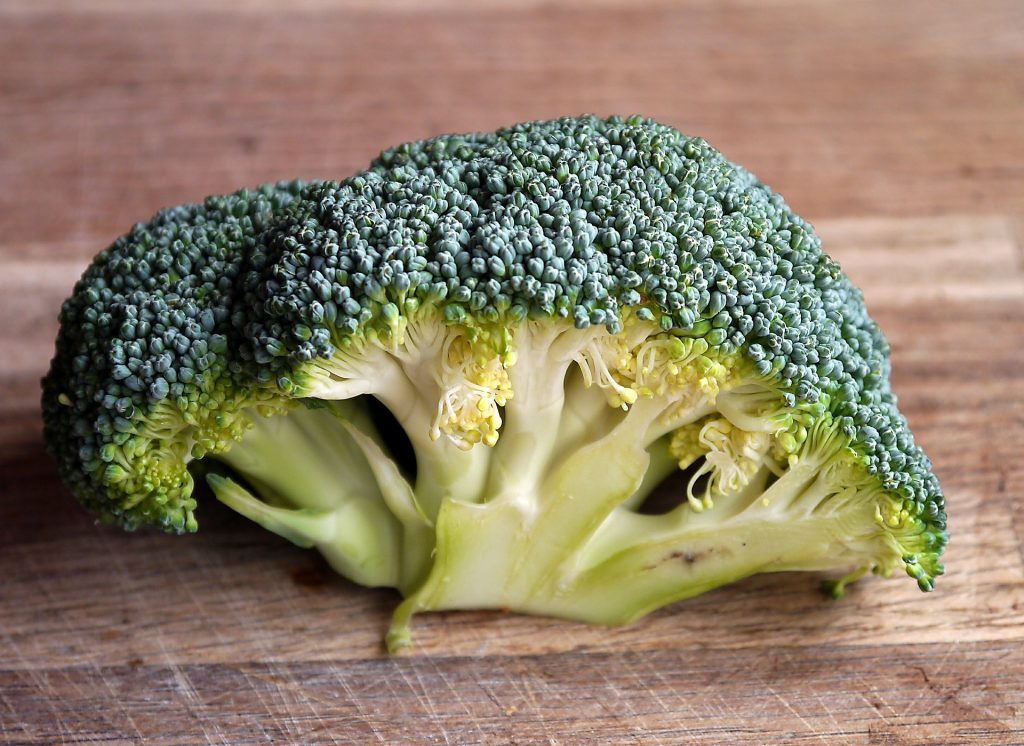 Anecdotally most people are aware that the taste buds of children are more sensitive when compared to those of adults. This is evidence through the dislike for children towards foods with particularly bitter tastes. Broccoli, brussel sprouts, cauliflower, cabbage and other cruciferous vegetables are generally known to be disliked by most children because of the high amounts of bitter tasting glucosinolates in the tissues. Garlic is another food that can be problematic amongst children because of the sulphurous taste. However, children may have an exaggerated favourable response to sweet foods containing sugar, and this can be anecdotally seen in the propensity for children to consume large numbers of sweets that adults would possibly find too nauseating. That children and adults have very different neural circuitry is well evidence in other fields, and nutritionally there appears to be a significant difference between the way children and adults respond to food. This can have a substantial effect on the desired food intakes of the individual.
Anecdotally most people are aware that the taste buds of children are more sensitive when compared to those of adults. This is evidence through the dislike for children towards foods with particularly bitter tastes. Broccoli, brussel sprouts, cauliflower, cabbage and other cruciferous vegetables are generally known to be disliked by most children because of the high amounts of bitter tasting glucosinolates in the tissues. Garlic is another food that can be problematic amongst children because of the sulphurous taste. However, children may have an exaggerated favourable response to sweet foods containing sugar, and this can be anecdotally seen in the propensity for children to consume large numbers of sweets that adults would possibly find too nauseating. That children and adults have very different neural circuitry is well evidence in other fields, and nutritionally there appears to be a significant difference between the way children and adults respond to food. This can have a substantial effect on the desired food intakes of the individual.

Children are known to have more sensitive taste buds than adults. This may explain the anecdotal dislike by children for cruciferous vegetables. However, children and adults have also been shown to elicit different brain responses to the same foods. This likely explains in part some of the different food preferences witnessed anecdotally between children and adults. Both children and adults with high body mass indices show different neural circuitry to adults and children with normal body mass indices. In particular, the overweight appear to be more heavily rewarded by unhealthy foods through activation of reward pathways in the brain, compared to normal weight adults and children. This likely drives them to consume unhealthy foods more regularly, and this may explain in part their increased body mass.
Researchers have assessed the activation of parts of the brain to different food stimuli in adults and children and compared the two. Results from such studies have shown that unhealthy foods may elicit different brain responses in children compared to adults. In this regard, while both adults and children are drawn to unhealthy foods through activation of reward pathways in the brain, children appear to have a greater activation of their reward, motivation and memory pathways in response to unhealthy food stimuli compared to adults. This would likely drive children more strongly to consume these foods. Interestingly, children with higher body mass indices had a lower activation of inhibitory areas of the brain in response to unhealthy foods, compared to children with lower body mass indices. This supports the evidence that the circuitry in the brain is altered in obese individuals and this changes their perception to food stimuli and their propensity to eat unhealthy foods more regularly.
Eat Well, Stay Healthy, Protect Yourself
RdB
